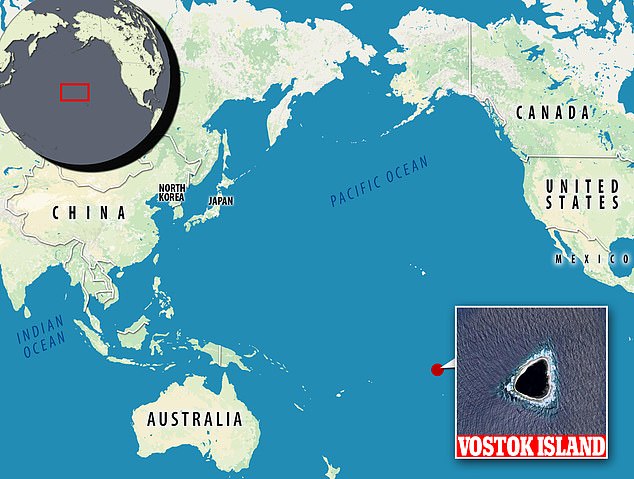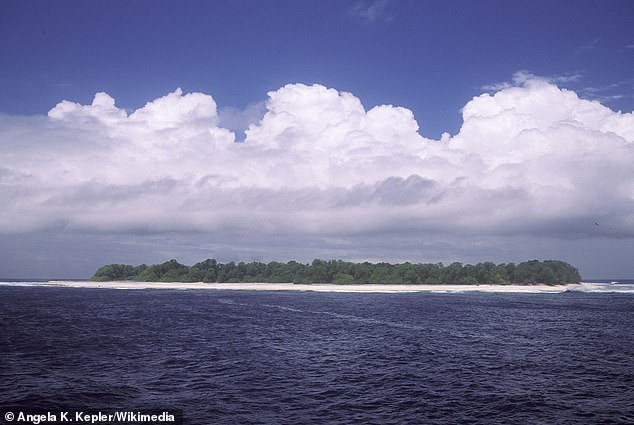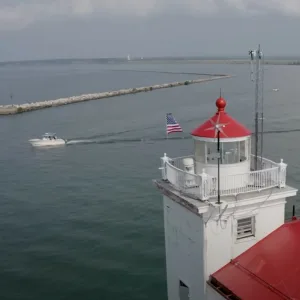One user of Google Maps discovered something very alarming in the middle of the Pacific Ocean. In October, Reddit exploded with conspiracy theories after user Kokoblocks shared an image of a dark blob in the middle of the Pacific Ocean. The black hole was nowhere near any substantial mass of land and seemed to be as big as 56-acres. In reality, the object was not a hole in the ocean but the 56-acre island of Vostok Island, which is an uninhabited island owned by the Republic of Kiribati.

Users quickly launched a debate about what the black hole in the Pacific Ocean really was. Some people feared that the black spot was “the island from Lost,” the popular television show. Others wondered if the Bermuda Triangle had somehow transported across the globe from the Atlantic Ocean to the Pacific.

In reality, the hole in the ocean was the island of Vostok, which is located hundreds of miles, four hundred or so, from the popular vacation destination of Tahiti.

These trees can climb to as much as one hundred feet tall. The trees can grow so close to one another that they appear to be a single layer of color when viewed from the sky above.
“My first thought was that it’s censored,” wrote Redditor Jazzlike_Log_709. “It wouldn’t make sense for a natural formation to be black like that in such a shallow, small atoll/island.”

The black hole in the ocean (the island of Vostok) is about 4,000 miles east of Australia and about 1,500 miles west of Hawaii. The island is part of a group of islands known as the southern Line Islands, which include Malden, Starbuck, Flint, and Caroline, according to Daily Mail.

The first European discovery of Vostok was in 1820 by a group of rough Russian explorers. These men named the island after the ship they were sailing during their voyage into the Pacific Ocean’s southern waters. However, the United States claimed the island in 1856 because it was filled with lots of guano. This bat manure is a popular fertilizer and was a valuable product back during the years surrounding the Civil War. However, the island was later given to the British. It then became associated with Kiribati in 1979, which was an independent country. Vostok has later declared a wildlife sanctuary and has been protected ever since.
In 2009, marine conservationist Enric Sala led an expedition to Vostok to study its fish populations and document its natural resources.





